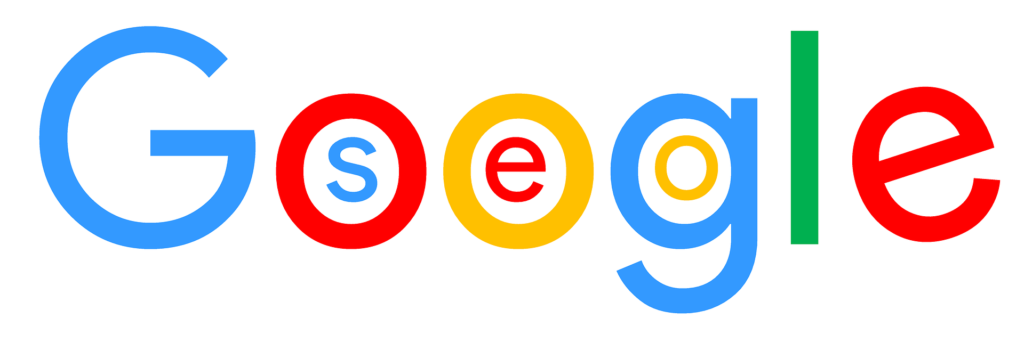
The amount of information available on the internet is massive. It is almost impossible to find what the user actually wants without a particular kind of sorting. Here’s why Google ranking systems came into play. The main function of the Google ranking system is to go through hundreds of billions of webpages in the Search index. Then it shows the most relevant answers within a flash on the users’ screen.
There are more than 200 factors that affect the ranking of any page in Google’s algorithm. Additionally, there exist some specific sites upon which Google relies. A result page has to step, crawl, climb and jump over numerous algorithmic processes to gain a good rank in search results.
In this scenario, topping the result page becomes a tedious task. But now, developers have a good knowledge of the ranking systems as well as algorithms. The things that the user now needs to know are some specific user that affect these algorithms. With a proper grip on these factors and some patience, one can surely take their page to new heights.

Google ranks pages on the following basis:
What does the keyword mean?
To provide the users with the best results, Google analyses the keywords entered by them. It returns the pages that relate to its meaning. Understanding what the keywords mean is very important the best results. Google has language models that helps it understand what the users wish to search for. Google can provide the users with what they are searching for even if there are spelling mistakes.
How relevant is the web page is to the searched keywords?
Google analyses the webpages to find out which of them is most relevant to what the users are searching for. It also supervises the content to know the relevance. This search engine knows if a webpage has relevant information by analysing how much content matches with the search keywords. The search algorithm of google analysis the content of the webpage and compares it with the search. If there is any relevance between the two, google ranks the webpage higher for the users.
The quality of content on the webpage:
Just matching the keywords with the contents on the webpage is not sufficient. Google also pays attention to the quality of the content. Google knows about the quality of the content because of its search algorithm. The pages that have relevant expertise, information, trustworthiness are ranked higher than the others. Google can filter out spam websites. It has a filter that can filter out spam websites from genuine ones. This way google only shows the websites that have good content and are also relevant.
How usable is the webpage:
Content and relevance are important while providing ranks to the website but usability is important too. The websites that are easy to use and have good user-interface are ranked higher. Google understands that surfing through a website that has a bad interface is frustrating. There are some websites that can’t show the content, and this is known to google. The algorithm ranks the pages that are easy, have good user-interface, with good templates higher.
Context and setting by the users:
The result is also affected by information like location, past search history as well as the search settings. If the user has enabled location and searches with any keyword, the search results will be totally according to that location only. In the similar manner, Google also displays results relevant to the search history of the user. This whole system is designed that matches the interests of the user. But, it is clearly taken care that it doesn’t affect sensitive factors such as race, religion or beliefs.
Related Articles :
- How to start a digital marketing company - May 23, 2020
- 10 Ways To Make Your Content SEO Friendly - May 22, 2020
- Why is Email Marketing still important? - May 21, 2020







